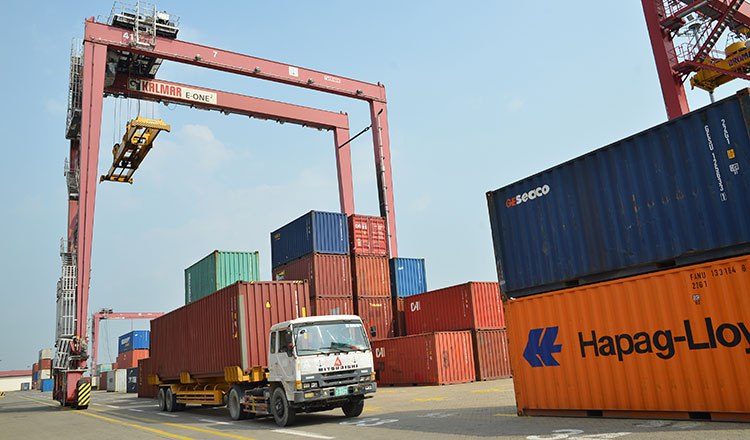
Starting a business in Cambodia involves several steps. Here’s a general guide to help you:
1. Research and Planning:
– Conduct market research to understand the business landscape in Cambodia.
– Identify your target audience, competitors, and potential challenges.
– Develop a comprehensive business plan outlining your goals, strategies, and financial projections.
2. Legal Requirements:
– Register your business with the Ministry of Commerce in Cambodia.
– Choose a suitable business structure (e.g., sole proprietorship, partnership, limited liability company) and register accordingly.
– Obtain necessary licenses and permits for your specific industry.
Now register your business within days using the Royal Government of Cambodia’s Online Business Registration system. Hassle-free, convenient, time- and cost-saving! https://registrationservices.gov.kh
You can register the business yourself or have anyone do it. However, for types of company other than sole proprietorship, a representative must be an accredited agent if you choose not to do it by yourself.
– If you plan to export or import your products, you need to register in ASYCUDA System (https://customs.gov.kh) of General Department of Customs and Excise. If you want to export your products under Generalized System of Preferences (GSP), you need to register in Generalized System of Preferences and CO Automation of Ministry of Commerce (https://co.moc.gov.kh).
3. Tax Registration:
– Register for tax purposes with the General Department of Taxation in Cambodia.
– Understand the tax obligations and regulations related to your business.
4. Location and Premises:
– Secure a suitable location for your business operations.
– Ensure compliance with zoning regulations and obtain any required permits for your chosen location.
5. Bank Account:
– Open a business bank account with a reputable bank in Cambodia.
– Keep proper financial records and comply with banking regulations.
6. Hiring and Employment:
– If you plan to hire employees, understand the labor laws and regulations in Cambodia.
– Comply with employment contracts, minimum wage requirements, and other labor-related obligations.
7. Networking and Partnerships:
– Build relationships with local business networks and chambers of commerce.
– Explore potential partnerships or collaborations that can benefit your business.
8. Technology and Infrastructure:
– Ensure access to reliable technology and infrastructure required for your business operations.
– Consider digital platforms for marketing and communication.
9. Cultural Awareness:
– Familiarize yourself with Cambodian culture and business etiquette.
– Build relationships with local communities and stakeholders.
10. Adaptability and Flexibility:
– Be adaptable to changes and open to adjusting your business strategies based on the local market dynamics.







Leave a Reply
You must be logged in to post a comment.